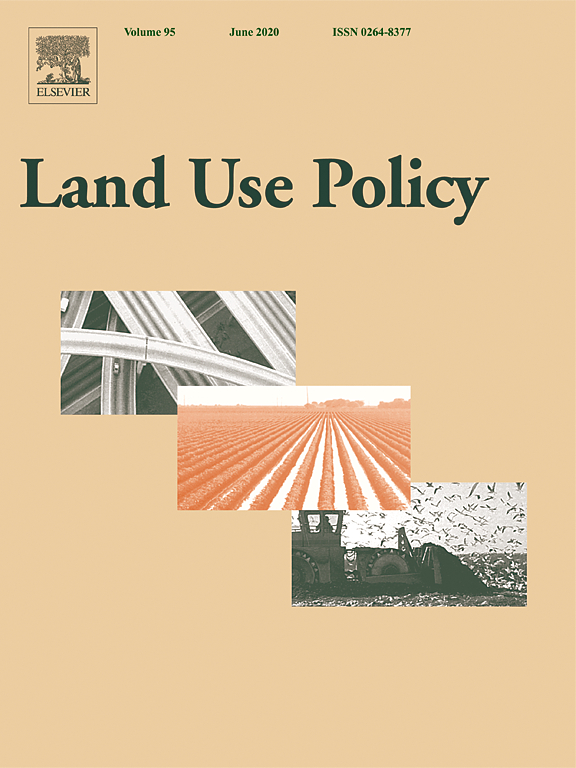From conventional to organic in Romanian agriculture – Impact assessment of a land use changing paradigm
Arguing organic vs. conventional land use is broadly discussed in research papers, political discourse, and even more practical issues at farm level. In macroeconomic approach, the dilemma is that intensive agriculture that utilizes large quantities of inputs made it possible to grow enough food to meet the current global needs, but this way of land use leads to environmental damage and degradation of ecosystem services. In microeconomic approach, the dilemma is whether is more profitable for a farm to convert conventional crops to organic ones.



